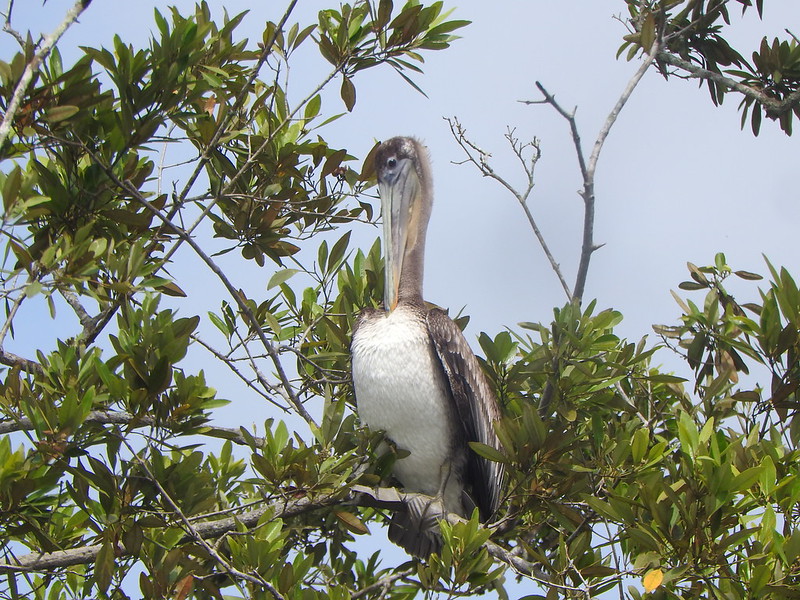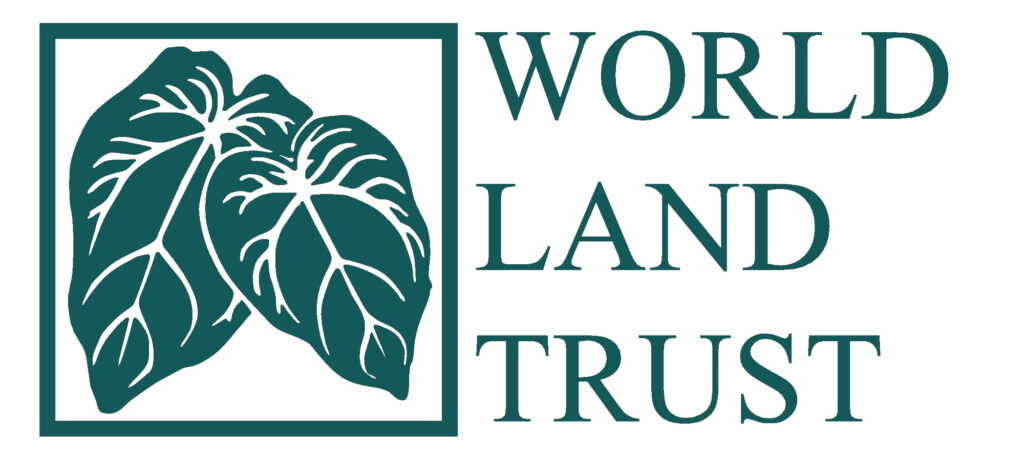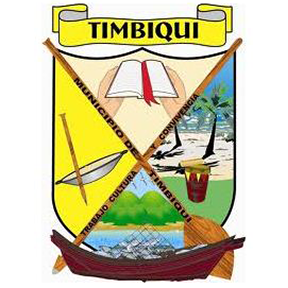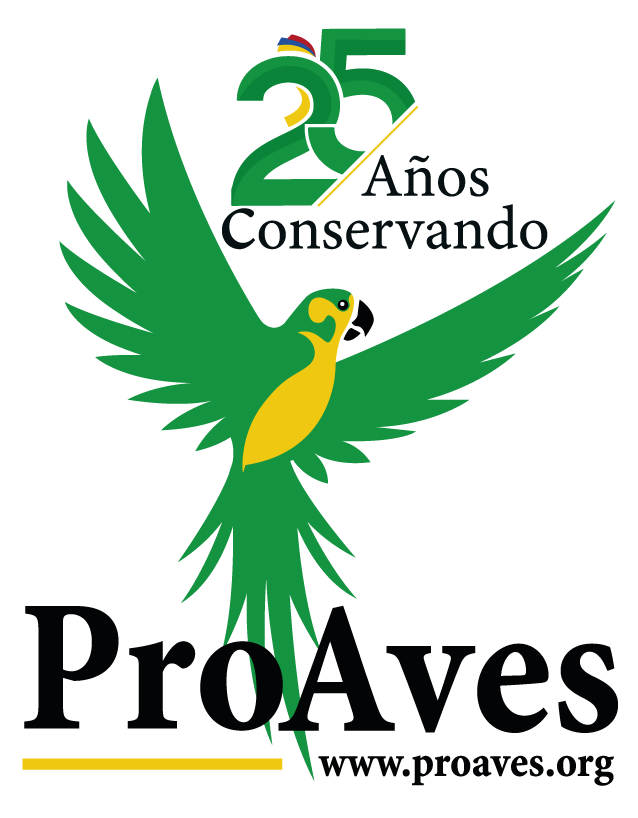ProAves and the Secretary of Economic and Environmental Development promoted a birdwatching and trash cleanup day in the Timbiquí municipality in Cauca, with the goal of creating awareness on the importance of protecting one of the most biodiverse locations on the planet, with a high level of endemism.
The accumulation of trash in beaches, estuaries and mangroves generate high natural and anthropic risks to the aquatic ecosystems of the Caucana Pacific region, which are strategic areas for the survival and reproduction of marine and coastal birds, This would threaten the ability of those ecosystems to generate goods and services for human populations.
Due to this, an awareness campaign was organized in the township of Chacon Playa and Cuerval, in the Timbiquí municipality, in the department of Cauca, to address the risks of littering on beaches and in rivers. In addition, they gave talks about the types of waste that exist and the impact of not disposing of trash in the appropriate receptacles, on ecosystems and communities.
Approximately 100 people of all ages from the Chacon Playa and Cuerval communities, along with volunteers from the municipality, the Secretary of Economic and Environmental Development from the mayoralty of Timbiqui and the ProAves Ranita Terribilis Bird Reserve team successfully completed two days of solid waste cleanup. They all participated and managed to collect 65 bags of solid plastic waste helping to free the sea birds from the pollution on the beaches.
Along with the cleanup, there were also days of beach birdwatching with the participants, who were eager to share their knowledge of migrating species. They also wanted to underline the care that was needed to preserve the habitat from the interaction of human beings, ecosystems and species. Additionally, during those birdwatching, days attendees were briefed on the importance of coexisting with the most common species of the region, such as the Eurasian Whimbrel, the Grey Plover, the Willet (Numenius phaeopus, Pluvialis squaratola, the Tringa semipalmata), the Semipalmated plover (Charadrius semipalmatus) at their migrating stage. They also spoke of the Royal and the Sandwich Tern (Thalasseus maximus, Thalasseus sandvicensis); the Neotropic Cormormant (Phalacrocorax brasilianum) and the Stork or Pelican (Pelecanus occidentalis), especially as locals often hunt some of these species for their consumption.

We appreciate the great support of the World Land Trust, the American Bird Conservancy and the Mayor’s Office of Timbiquí



